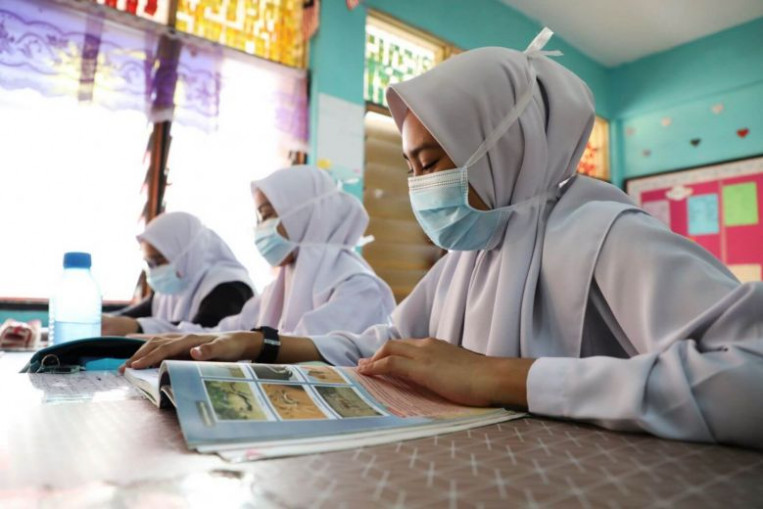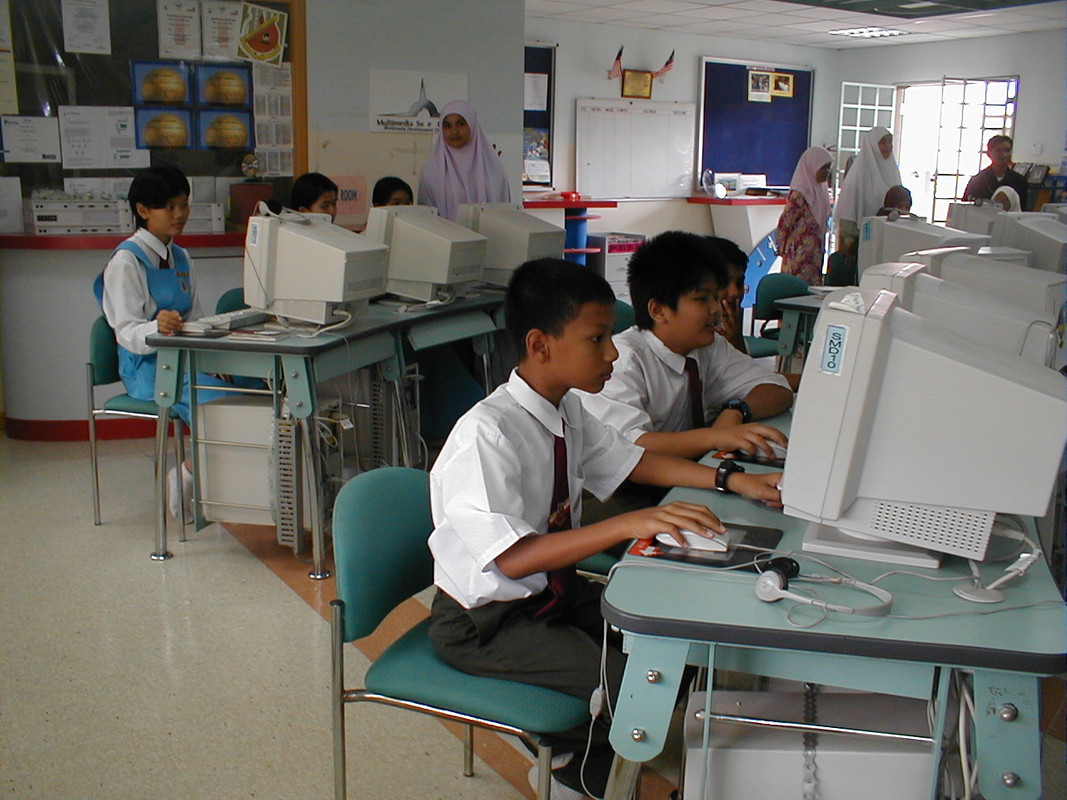New School Year For 2021 To Start 3 Weeks Later Than Initially Planned
This comes after the Ministry of Education's earlier announcement of a reduction to the year-end holidays.
During the parliamentary sitting yesterday, 4 August, Education Minister Dr Mohd Radzi Md Jidin announced that the new school year for 2021 will begin on Wednesday, 20 January
The Education Minister cited the effects of the COVID-19 pandemic, namely delayed year-end examinations and a shortened period of time to adequately cover the curriculum, as reasons behind the late start.
Dr Radzi Jidin told the Dewan Rakyat, "The school calendar for 2020 has been amended by maximising the duration of school days and reducing the year-end holidays."
Year-end holidays had initially been penned for 18 to 31 December, depending on the state you were schooling in
In June, the Education Minister revealed that the year-end holidays would be reduced from 42 to 14 days for schools in Johor, Kedah, Kelantan, and Terengganu.
Meanwhile, schools in Kuala Lumpur, Labuan, Melaka, Negeri Sembilan, Pahang, Perak, Perlis, Penang, Sabah, Sarawak, Selangor, and Putrajaya would have 13 days off.
"The ministry couldn't announce the school calendar for 2021 without engaging with stakeholders," Dr Radzi Jidin said during his speech in the parliamentary sitting yesterday.
He recognised that many were unhappy with earlier cuts to the school breaks, but noted that the Ministry of Education (MOE) feared students would face challenges in 2021 if they did not have ample time to grasp the syllabus this year.
Dr Radzi Jidin added that the adjusted dates will give students sufficient time for face-to-face learning - a method he claims is more effective than home-based learning
After conducting a study on student readiness in online learning from 28 March to 2 April with over 670,000 parents and almost 900,000 students, the MOE concluded that there are several constraints to remote learning.
Most prominently, 36.9% of students had trouble accessing the Internet as they lacked the devices to do so, according to a report by Bernama.

